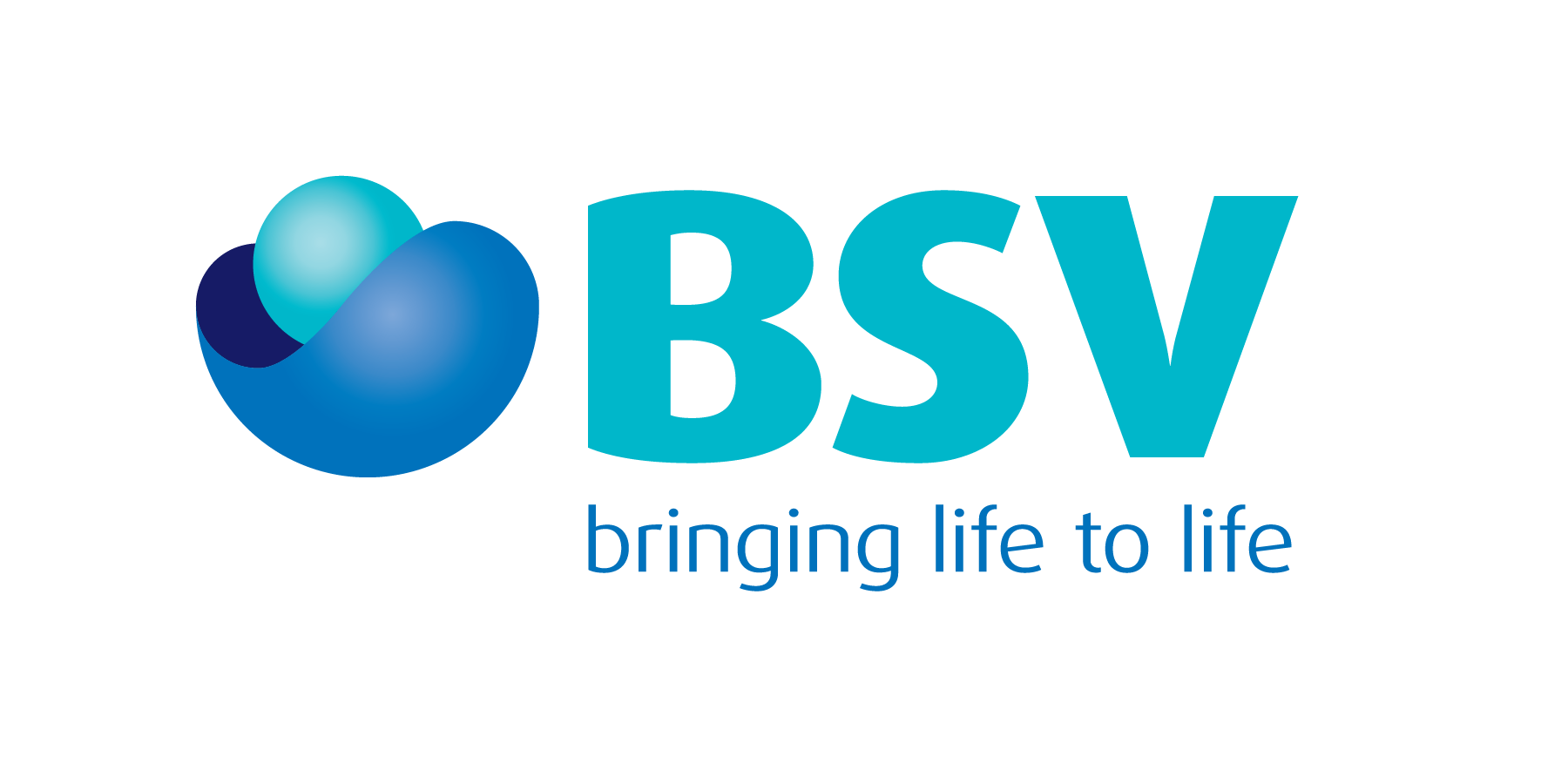‘Women’s health’ encompasses a broad spectrum from the start of the menstrual cycle (menarche) to reproductive years, up to menopause, and encompasses several concerns in gynaecological health. We see it as a comprehensive strategy to address key issues in this ecosystem. Our goal is to offer reliable solutions that address both the present and future requirements of women. We aim to address interconnected concerns ranging from conception through carrying to term and post-delivery.
According to the World Health Organization (WHO), endometriosis is a condition signified by the presence of endometrial-like tissue outside the uterus. It results in a persistent inflammatory response that could lead to the development of scar tissue (adhesions, fibrosis), particularly in the pelvis and other body regions. Any woman can develop this condition during her menstrual cycle. However, young females in their third and fourth decades of life are more likely to experience it. The condition may develop before the age of 20 in 40% instances. Due to widespread misunderstandings about menstruation pain, this disease often goes undiagnosed for longer periods of time. This further increases its severity and, in the case of young women, may also result in infertility.
Reports claim that 109 million women globally suffer from this condition, with about 25 million cases occurring in India. BSV offers a product line of oral and injectable medications that are designed to help manage endometriosis pain at different levels and bring a more effective way to handle this condition. Our R&D has transformed the approach to managing this condition and has given our patients the best chance to live their lives to the fullest.
At the very heart of our endeavours is supporting women’s health by addressing every facet of pre and post conception. Maintaining the body’s progesterone levels is crucial during the early stages of conception in order to safeguard the fertilised egg. This hormone aids in safeguarding and fostering a secure environment for the growth of the fertilised egg. A progesterone shortage that results in luteal stage deficiency increases the risk of experiencing repeated pregnancy losses.
One should be aware of the Rh factor since it can result in an incompatibility in blood group pairing between the mother and the unborn child. This happens when a Rh-negative woman carries a Rh-positive fetus in the womb. The mother’s body produces antibodies in response to the foetus’s Rh-positive blood. The new-born may appear pale and lethargic or may experience minor to severe difficulties as a result of these antibodies crossing over. Prevention of sensitization of a Rh-negative women before and after birth aids in avoiding conceiving issues in the future.
Rh negative blood group prevalence is 5.4% (NHSRC Report) in India. In the 1980s, BSV began working on developing a drug that would help in avoiding Rh sensitization. Our product line, the result of 40 years of research and development to protect mothers from getting the Anti Rh(O) D isoimmunization, provides ground-breaking solutions and raises the bar internationally. It ensures the safety of both mother and child by preventing Rho-D negative women from developing antibodies to the positive fetal rhesus RBCs.







